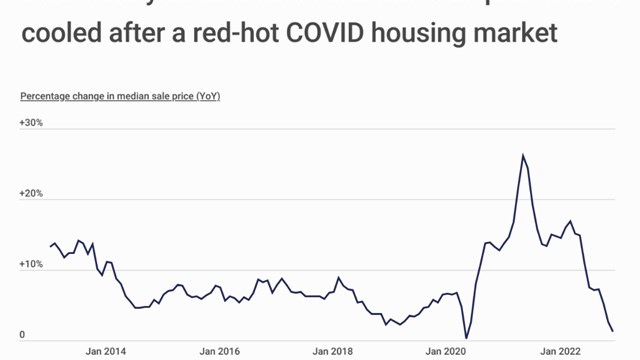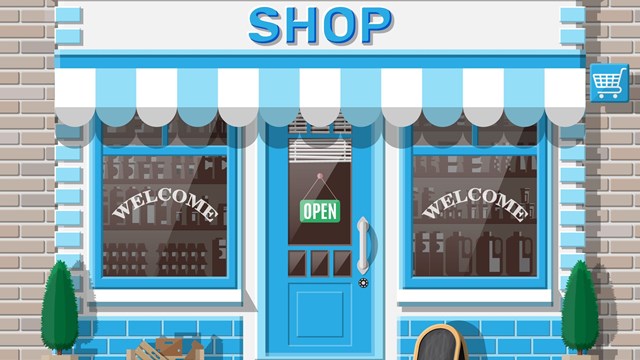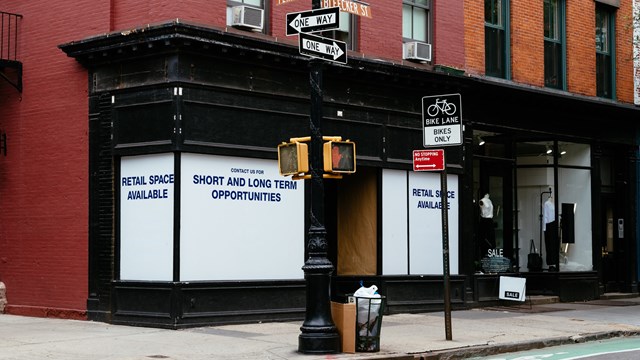Valerie Smaldone lives in a lovely, well-kept, prewar building in the Midtown East area, known as the Beekman area. Her building was built in the late 1920's and, among other amenities, has an extraordinary rooftop garden where she occasionally meets and socializes with her neighbors. “There are a couple of socials on the roof per year,” says Smaldone, a radio and voice-over personality. “Residents are asked to bring wine or beverages, as well as some food to contribute to the affair.”
In any building, it may be hard for a new resident to get to know their neighbors. Do you strike up a conversation in the elevator or the laundry room or go knocking on doors hoping to meet someone new? And what about the residents who aren’t as socially skilled as other, more gregarious residents, yet who want to meet their neighbors too?
Living Social
Many condo developments offer on-site amenities such as a pool, gym, or tennis courts and, frequently, condo associations will also host social events for residents. Management can help residents to feel more at ease by providing opportunities for residents to socialize with each other. The more comfortable the residents are, the more they are bound to stay for a longer period of time.
“Co-ops and condos benefit when they have a charter to insure not only fiscal responsibility, but one of community,” says Adam Weinstein, a board member in charge of adding community-minded amenities to Hudson View Gardens, a cooperative apartment complex in the Hudson Heights neighborhood of Washington Heights. “Properties that have diverse committees and program social functions are successful.”
The rooftop and a working fireplace were the deciding factors that made Smaldone sign on the dotted line and live in this building that has almost 100 apartments, but she is pleased with how management, and even the residents, create regular fun events. “Throughout the years, there have been a variety of events that have even been created by residents,” she says.
Her building also hosts apartment tours, where residents invite neighbors in to see the design of their home. “Many people have done total renovations in their apartments, so each one has a special look to it,” she says.
Carla Marie Rupp didn’t move into her building because of the activities they planned, but instead because of her view overlooking the Hudson River. Her building does host events, especially for its senior residents. “The senior center of IPN, Independence Plaza North, in Tribeca has had trips to Coney Island, Atlantic City, and many other places,” she says. “My biggest enjoyment was being able to take my father when he had visited here.”
Celebrating the Holiday Spirit
Several times a year, residents will gather in the lobby, with food and drinks to toast the spirit of the holidays, such as New Year's Eve or Christmas. “I do think apartment buildings can do more for their residents in offering community spirit,” says Rupp. “(For example) the Tenants Association has sponsored our political representatives and senators to speak to us so we can ask questions. I think it's really important to meet them and know who they are.”
There are several communities within Hudson View Gardens that invite the Northern Manhattan arts community to show at the annual art show or weekly concert series. The parents group manages an on-site playroom and school readiness program along with an on-site playground. The community also hosts an annual Halloween party and parade. There are 4th of July barbecues, Broadway showcases, and welcoming parties for new residents. New on the schedule is an Academy Awards party that the board hopes will become an annual tradition.
The Parkchester Condominiums in the Bronx hosts a summer concert series at The Oval, the Friendship Day and Kite Day festivals. They have arts and crafts and game centers in the south, west and east building quadrants for younger residents as well as organized youth sporting leagues.
Not only do community events spark communication between residents, but it may have an effect on the building’s bottom line as well. Savvy community events can also provide a special opportunity to renew current residents.
If management or the association doesn’t offer events, it might be for a variety of reasons. For some, it’s budget, while for others it’s a lack of interest or participation from the residents. “Our building doesn’t have any events right now because the board just formed about a year ago,” says Aniello DeGuida, manager of the Cocoa Exchange in Manhattan.
Creating a roster filled with fun events is easy to do with some brainstorming and imagination. To help kick start the ideas, check out the Internet and see what other buildings across the nation are up to. A simple Google search and you can see how one building in Yonkers hosted a book signing, while another in Manhattan hosted a rooftop art exhibit. Common searches include: resident appreciation party ideas, apartment events for residents, and ideas for resident activities.
The holidays are a perfect opportunity to schedule events such as photos with Santa, a great family event, decorating contests, holiday parties, New Year’s Eve or Day gatherings, charity events, and more.
Let’s Blog Together
One of the best examples of community spirit belongs to Stonehenge Real Estate, which owns and manages a portfolio consisting of 27 properties representing over 3,000 residential apartment units, retail, office, and garage space. Stonehenge’s blog, Rooftop, is for the culture, arts and the hearts of residents, where events are posted. Here they post blog entries with guest speakers, such as comedy writer Maria Murnane or sunset events. This summer they hosted one at their Olivia building featuring young chefs invited by the James Beard Foundation as part of its Greens events. The JBF Greens Sunset Social was part of Stonehenge Partners’ commitment to connect its residents with the best of what New York City has to offer and providing opportunities to them to enjoy their neighbors company is a fun, social setting.
This summer, they also rolled out its Ride with Stonehenge BikeShare program in which it partnered with Biria Bikes to provide free bikes and biking events for its residents at 41 Park Avenue.
Rose Associates recently rolled out its “Leave it to Max” program, a full concierge program for its residents that will also include in-building programming. Leave it to Max will offer an array of lifestyle services and social activities designed to improve the quality of life for residents, and has been rolled out to about 4,000 residents at Rose-managed buildings so far.
“We want our residents to feel a sense of attachment to the building,” says Jamie Kaufman, manager of the Rose Associates’ program. “On one rainy night, we had an event with food and drink and the residents didn’t have to go anywhere. We also want new residents to feel attachment and stay awhile.”
Their in-building programs include Halloween face painting, movie and sports nights and more. “We also do this to stay competitive in the marketplace,” says Kaufman. “Buildings offer amenities such as dog spas and great amenity spaces and we offer some of that, but maybe in some of our buildings that don’t, we offer the in building programs to our residents. People are very responsive to the events.”
Peter Cooper Village and Stuyvesant Town also host many indoor and outdoor events for their residents, including NFL and MLB games outside on the big screen and a Halloween family carnival. They also hosted a free 5k fun run through Stuy Town, where residents could make running buddies and get advice from a fitness.
Spread the Word
Encouraging residents to socialize is as easy as creating an event and spreading the word about it. Rupp’s building also produces a regular newsletter that highlights interesting residents and events. In a recent Stonehenge newsletter, a resident was profiled who participated in a local charity, Blessings in a Backpack, an organization that ensures that impoverished elementary school children are fed on the weekends throughout the school year. Promoting what residents are involved in is another way of stimulating conversation and promoting community cohesion.
“Mostly communication is by a sign on the table in the lobby, or a note under the door about upcoming events,” says Smaldone. “There are meet-and-greet events in the lobby and at Halloween time residents sign up to provide candy for the kids in the building.”
Instilling a sense of community is valuable for all residents wherever they may live—it creates a network of communication and support, and ultimately improves the quality of life within the building community.
Lisa Iannucci is a freelance writer and a frequent contributor to The Cooperator.







Leave a Comment